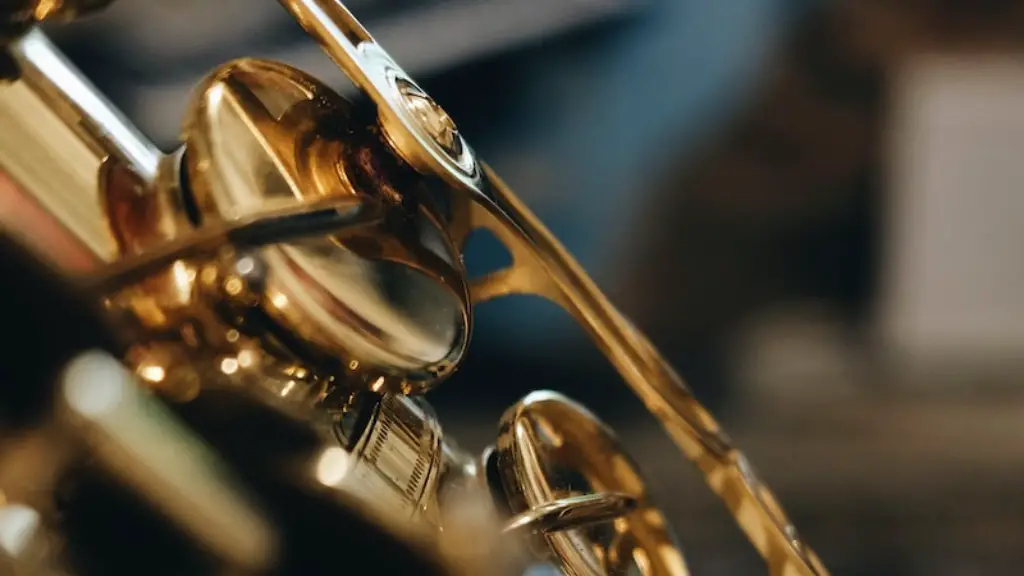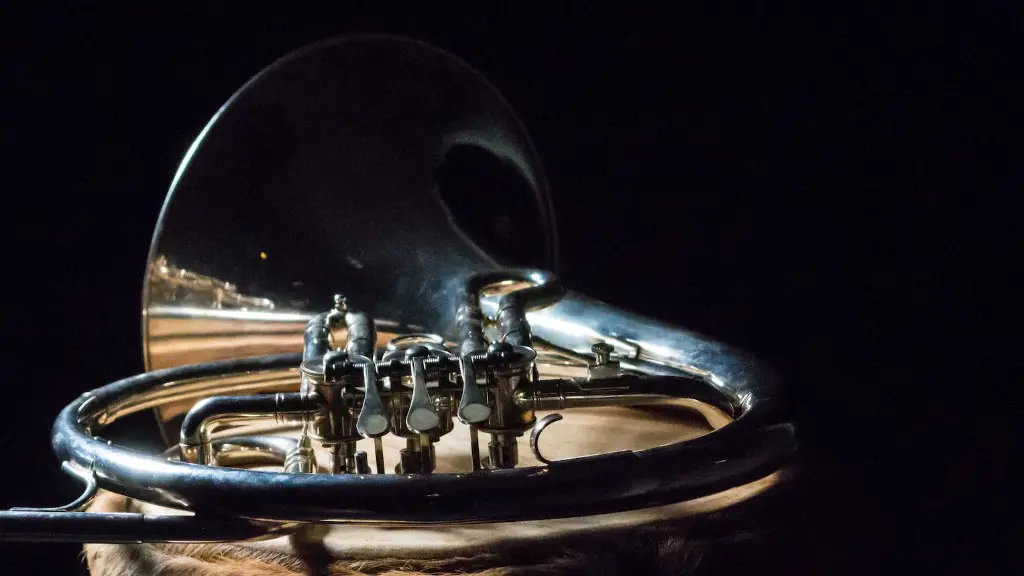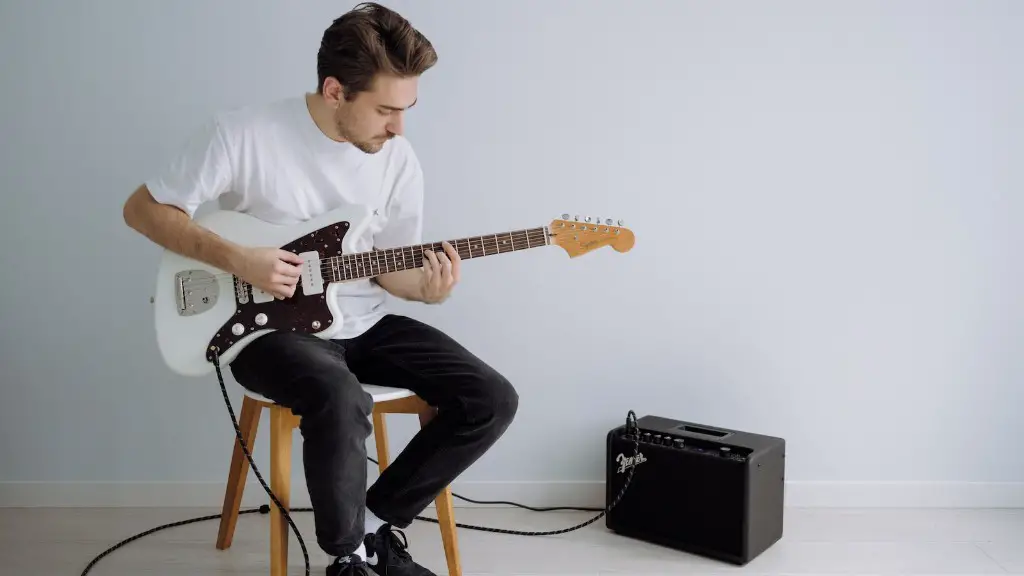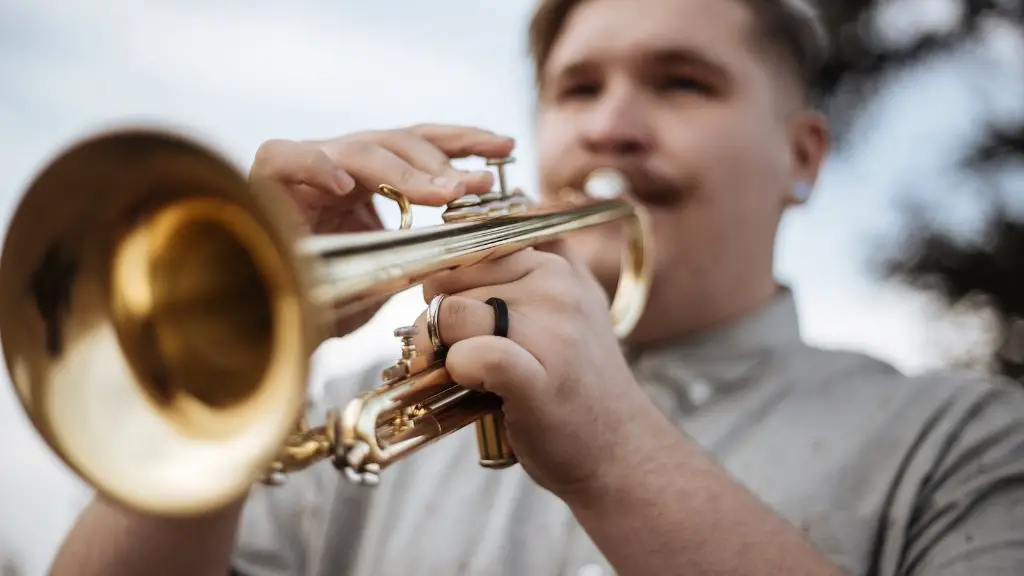Playing the trumpet is a great way to express yourself and have fun. But when should your child start trumpet lessons?
The consensus amongst most trumpet teachers is that children should be at least 8 years old before beginning formal lessons. This is because the mouth muscles need to be developed enough to play correctly and produce a good sound. By starting too early, not only will the student struggle more with technique, but they may also develop bad habits.
If your child is younger than 8, you can still encourage them to explore music by singing and playing simple percussion instruments. Once they reach 8, you can start looking for a trumpet teacher or program that fits their needs.
It’s important for young students to find an experienced teacher who can make the learning process enjoyable. A good way to do this is to look for a teacher who has experience teaching music to children, as well as someone who has been playing their own instrument for many years.
Starting trumpet lessons at the right age can ensure your child develops healthy playing habits and enjoys making music!
Disadvantages of Starting Trumpet Lessons at a Young Age
Starting trumpet lessons at an early age can be beneficial in many ways, but there are also some potential drawbacks. For one, young children may not have the physical strength or coordination needed to properly play the instrument. This can lead to poor technique, which can be difficult and time-consuming to correct later on. Additionally, young children may not yet have the ability to focus for extended periods of time, making it difficult for them to progress with their lessons.
Moreover, trumpet lessons may be too advanced for younger children and could lead to frustration and burnout if they don’t feel successful. It is important for kids to feel confident in their abilities in order for them to keep playing and developing their skills. Generally speaking, it is best to wait until a child is at least 8 years old before starting trumpet lessons so that they can develop the necessary physical coordination and mental focus.
Benefits of Starting Trumpet Lessons at an Older Age
Starting trumpet lessons later in life can have a number of advantages. For one, adults often have more time to devote to practice and can be more serious about pursuing their music goals. Additionally, the physical strength and coordination required for playing the trumpet typically increases with age meaning that adults often have an easier time learning and mastering the instrument than younger children.
Adults also tend to have more refined listening skills, which can help them better understand their teacher’s instructions and make progress faster. They also tend to be more disciplined, which helps them stay motivated and focused on reaching their musical goals. Plus, adults often bring a wealth of knowledge and experience from other areas of life that can be applied to learning an instrument, such as problem-solving skills or ways of thinking about music theory.
Finally, starting trumpet lessons later in life can provide a sense of accomplishment – something that is important for adults who may feel like they are too old to start learning a new skill or craft. Whether you are just beginning your trumpet journey or looking to polish your existing skills, starting lessons later in life has its own set of unique advantages.
Challenges of Learning Trumpet at an Older Age
Learning to play the trumpet at an older age can present some unique challenges. The embouchure, or the way in which a player holds the mouthpiece, is something that must be formed and strengthened over time. It can take longer for an adult to develop this technique than a younger student. Physical stamina is also a factor, as playing the trumpet requires strength and endurance. Additionally, adults may have more difficulty learning new music theory or technical elements than younger students.
That being said, learning to play the trumpet at an older age can still be done! Many adults have become successful players through dedicated practice and instruction. The best age to start taking trumpet lessons is ultimately up to each individual but it’s never too late to start. With the right teacher and practice routine, anyone can progress towards their goals on the instrument no matter their age.
Teaching Children and Adults Trumpet Lessons
Trumpet lessons can be a great way to learn a musical instrument, and it is important to understand the best methods for teaching both children and adults. Generally, children should begin trumpet lessons at around 8 years old, as they will have more success if they have developed fine motor skills. It is also important to have an understanding of music theory before beginning trumpet lessons. For adults who are new to the instrument, it is helpful to take some time with a private instructor before joining a group class setting.
For younger students, it is important to focus on proper playing technique so that bad habits don’t form. Adults may benefit from more of an emphasis on music theory, as they may have more difficulty with fingerings than younger students. Additionally, adults often need extra support and motivation when learning a new instrument, so having an instructor who can provide positive reinforcement is key. Regardless of age or experience level, trumpet lessons can be an incredibly rewarding experience.
Physical Demands of Playing the Trumpet
Playing the trumpet is a physically demanding activity, that takes practice and dedication to master. The most important physical demand required for playing the trumpet is having a strong set of lips, as this helps create a clear sound when playing. Additionally, having strong breath control and good posture are also very important.
It is recommended to start learning to play the trumpet at around 8-10 years old, as this is when children are able to physically handle the instrument correctly and understand basic music theory. However, it is not unheard of for younger children or adults to take up playing the trumpet if they have an interest in it.
When starting out with learning how to play the trumpet, it’s important to start slow and build up strength over time, as this will prevent strain on your lips and allow you to progress at a steady rate. Taking regular breaks between practice sessions will also help reduce strain on your body when playing.
Overall, learning how to play the trumpet can be a fun and rewarding experience regardless of age or skill level. With patience and dedication, anyone can learn how to play this versatile instrument!
Music for Different Ages
Music is an important part of life, and it is something that can be enjoyed by people of all ages. As children grow older, they may develop an interest in learning a musical instrument. The type of instrument and the age at which a child should start lessons can vary greatly.
For younger children, instruments such as recorders, keyboards and drums are suitable. Children between the ages of five and seven can begin to learn about music theory, notation and playing simple tunes on these instruments.
For older children and teenagers, it may be appropriate to start learning an orchestral instrument such as violin, viola or cello. These instruments require more skill and dedication than simpler instruments, so it is recommended that children begin their lessons at around 8-10 years old.
The trumpet is considered one of the harder instruments to learn, so it can be a good idea to wait until the child is around 10-12 years old before starting trumpet lessons. This allows them enough time to develop the necessary skills and techniques needed to play this instrument well.
It’s important to remember that every child develops differently, so if your child shows a keen interest in music earlier than expected then they may be ready to start learning an instrument sooner than suggested here.Taking into account your child’s individual development can help you make the best decisions when it comes to introducing them to music.
To Sum It All Up
Starting trumpet lessons at a young age can be beneficial in various ways. It can help children to gain important music skills, practice their fine motor skills, and develop an appreciation for music. That said, it is still possible to start learning the trumpet later in life. With enough dedication and practice, adults of any age can learn the instrument and become accomplished players. The best age to start playing the trumpet is ultimately dependent on personal preference and lifestyle.





